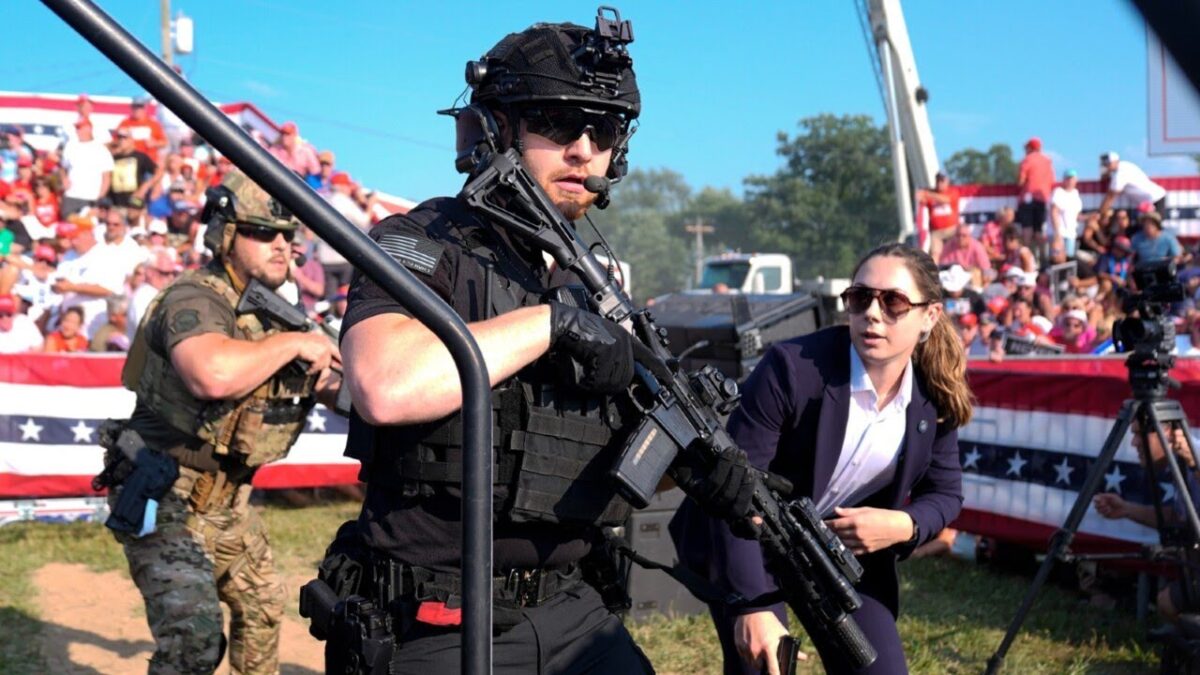Whistleblower Revelations: Secret Service Under Fire
In a shocking twist, whistleblowers have uncovered serious flaws in the Secret Service’s readiness during an assassination attempt on former President Trump. These alarming disclosures, led by U.S. Senator Josh Hawley, raise critical questions about the training and competence of the agents assigned to protect the former president that day.
Unprepared Agents: A Critical Lack of Training
According to accounts from the whistleblower, those responsible for Trump’s security were mainly Department of Homeland Security employees who had little experience with high-stakes protection details. Instead of being backed by seasoned Secret Service professionals, Trump’s security team was primarily made up of individuals who completed only a brief online training session—one that reportedly faced significant technical problems. This shocking lack of adequate preparation has sparked outrage among many, as these agents were ill-equipped to handle the complexities of presidential protection and counterterrorism operations.
Political Fallout: Strong Reactions from Lawmakers
The political ramifications have been swift and fierce. Senator Hawley has not held back in criticizing both the FBI and Secret Service for their failure to be transparent about these issues. He underscored that it took immense courage for the whistleblower to step forward and reveal such glaring lapses in protocol. On another front, Congressman Clay Higgins praised local law enforcement, particularly Butler, Pennsylvania’s SWAT team, for their quick response that prevented further disaster by neutralizing the gunman before federal agents could intervene.
Future Security Concerns: Urgent Need for Reform
The implications of these revelations are significant for future operations within the Secret Service. Acting Director Robert Rowe has come under heavy scrutiny after admitting to Congress that his agency grapples with outdated technology and limited resources. The evident lack of communication between agencies and insufficient preparation raises alarms about national security moving forward. As we approach another election cycle, there is mounting pressure on federal agencies to improve their coordination and technological capabilities to better safeguard political figures.
The Path Ahead: Addressing Systemic Failures
As investigations continue into these troubling findings, attention remains focused on how the Secret Service and other involved federal agencies will rectify these critical failures. The pressing need for comprehensive training programs, smarter resource allocation, and enhanced inter-agency collaboration cannot be overstated. The lessons learned from this incident may serve as a catalyst for essential reforms—ensuring those tasked with protecting our nation’s leaders are adequately prepared to confront an increasingly complex threat landscape.


Leave a Comment